
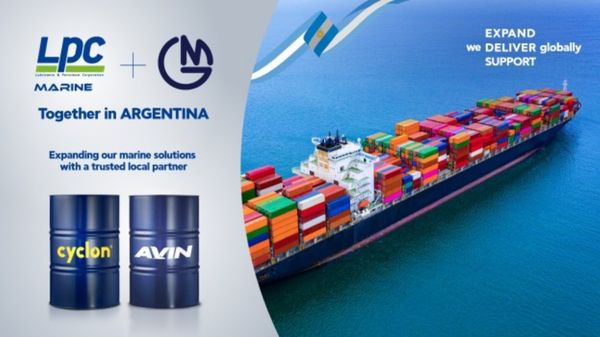
|
Gram Marine delivers first marine lubricants in San Lorenzo
Operation follows recent strategic partnerships with LPC and Servi Río. |
|
|
|
||
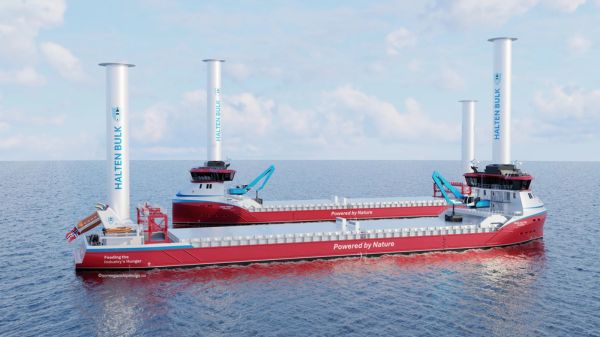
|
Halten Bulk orders wind-assisted bulk carriers with rotor sails from Chinese yard
Norwegian operator contracts two vessels with options for two more at SOHO Marine. |
|
|
|
||
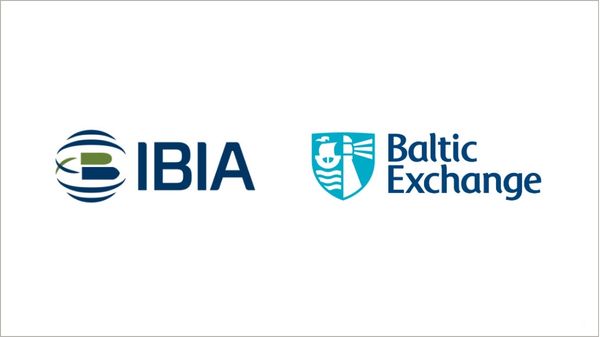
|
IBIA introduces enhanced KYC framework for membership applications
Trade association to use Baltic Exchange platform for sanctions screening and company verification. |
|
|
|
||
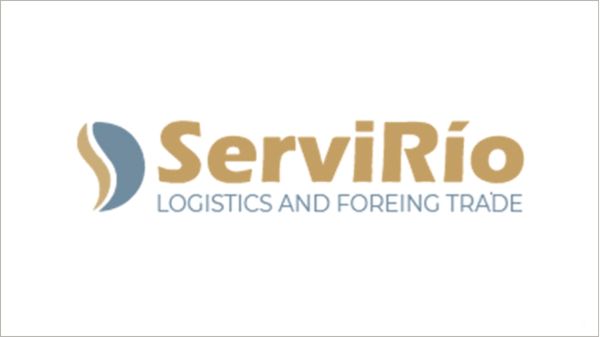
|
Servi Río joins Gram Marine and Cyclon alliance for Argentina lube operations
Argentine company to provide storage and transportation services for lubricant products in local market. |
|
|
|
||
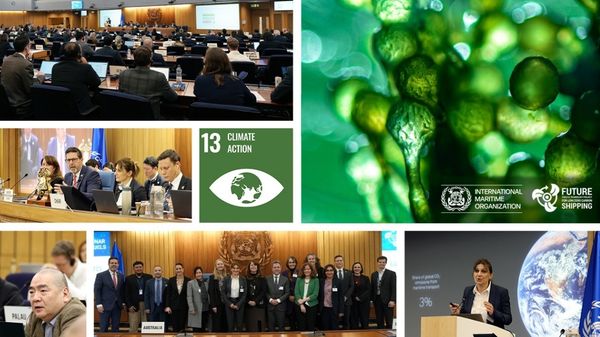
|
IMO seminar examines biofuels’ role in maritime decarbonisation
Event drew 700 in-person and virtual participants, with 1,300 more following the online broadcast. |
|
|
|
||
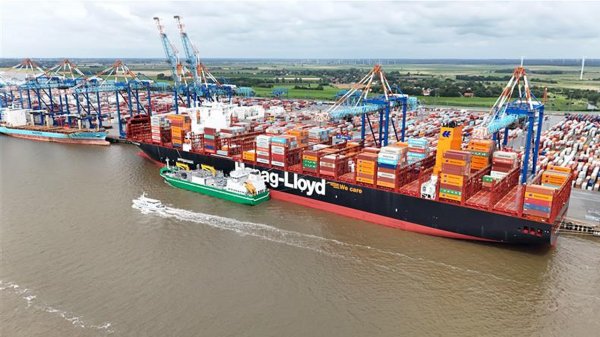
|
Hapag-Lloyd to acquire ZIM for $4.2bn in cash deal
German container line signs agreement to buy Israeli rival, subject to regulatory approvals. |
|
|
|
||
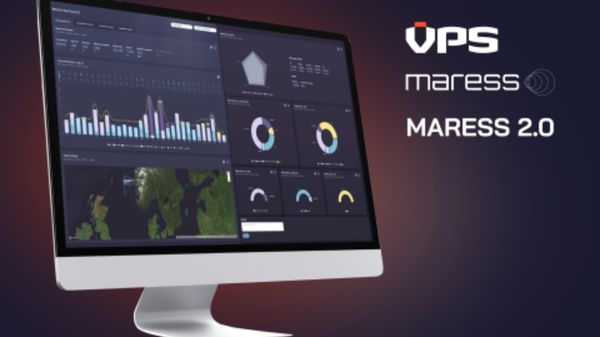
|
VPS outlines key features of Maress 2.0 with enhanced analytics for offshore vessel efficiency
Updated platform adds data validation, energy flow diagrams and fleet comparison tools for decarbonisation monitoring. |
|
|
|
||
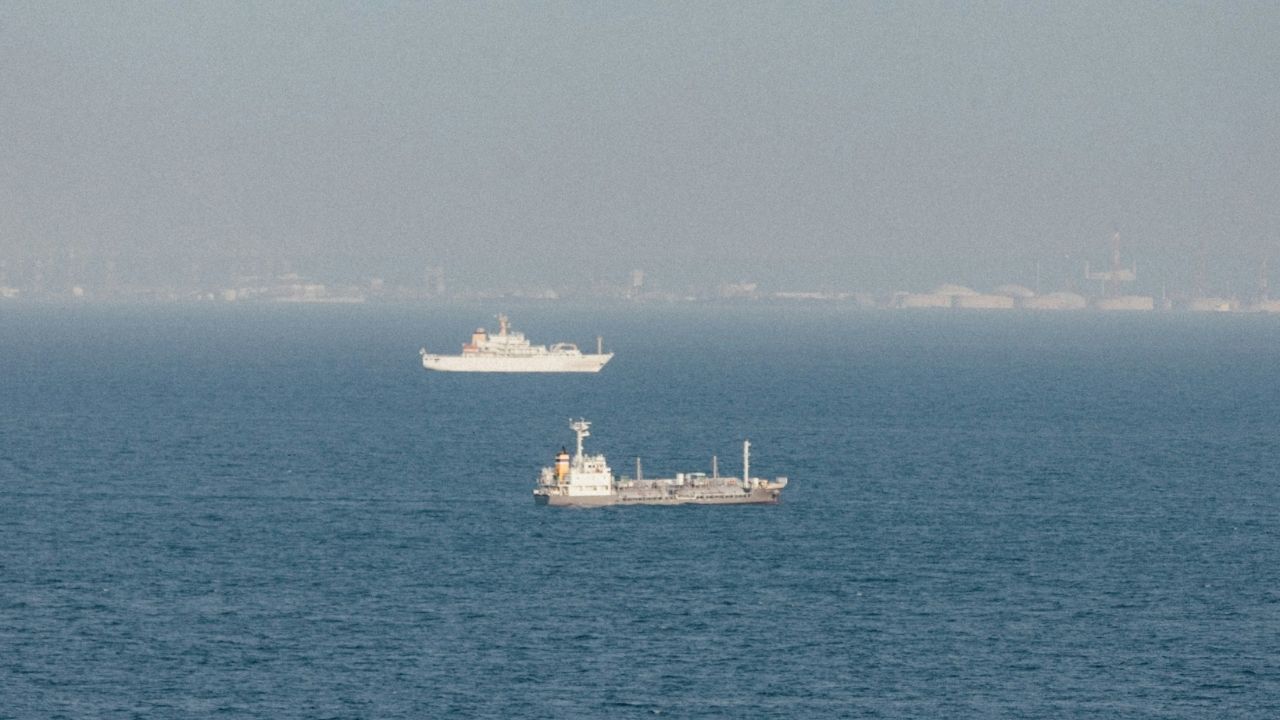
|
IMO committee agrees NOx certification rules for ammonia and hydrogen engines
DNV reports PPR 13 also advanced a biofouling framework and crude oil tanker emission controls. |
|
|
|
||
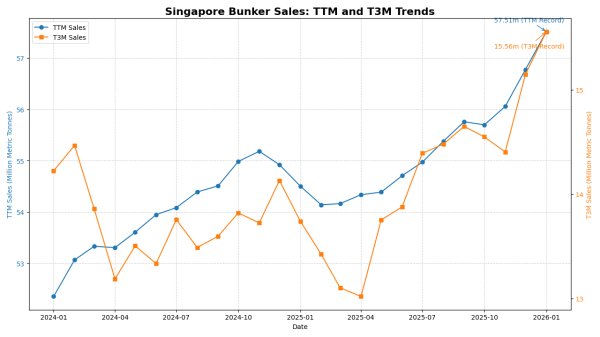
|
Singapore bunker sales set new record as TTM volumes surpass 57.5 tonnes
Rolling 12-month bunker sales at the Port of Singapore have reached a fresh all-time high, breaking above 57.5 million tonnes for the first time, alongside a record surge in short-term demand. |
|
|
|
||
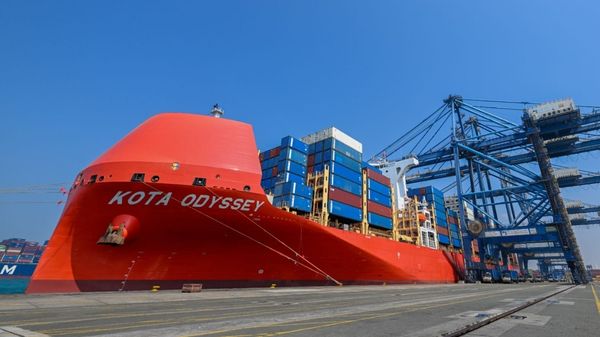
|
PIL’s LNG-powered Kota Odyssey makes maiden call at Saudi Arabian port
Container vessel marks first entry into the Red Sea with call at Red Sea Gateway Terminal. |
|
|
|
||
| Finnlines to fit newly acquired ship with scrubbers [News & Insights] |
| Foreship predicts up to 30% of shipping will choose scrubbers [News & Insights] |
| DFDS bookends century of ships with PureSOx scrubbers [News & Insights] |
| Quadrise expects to start combustion boiler trial in early 2018 [News & Insights] |
| Wartsila CEO highlights NCL engine and scrubber order [News & Insights] |